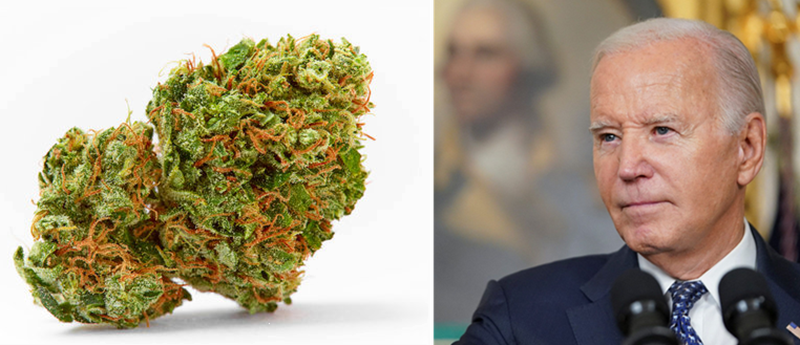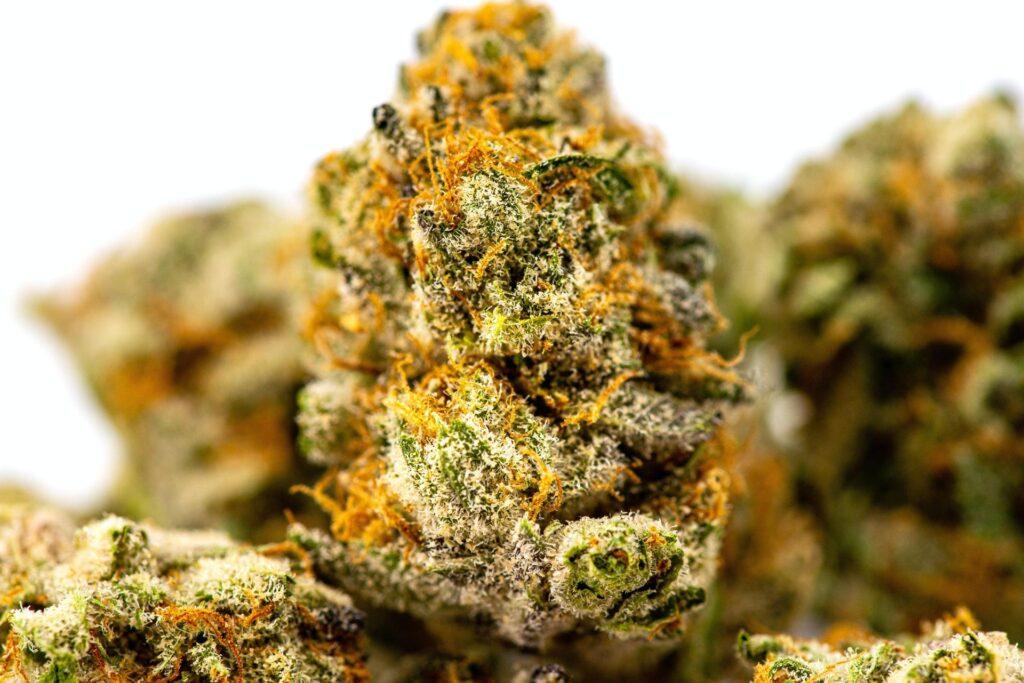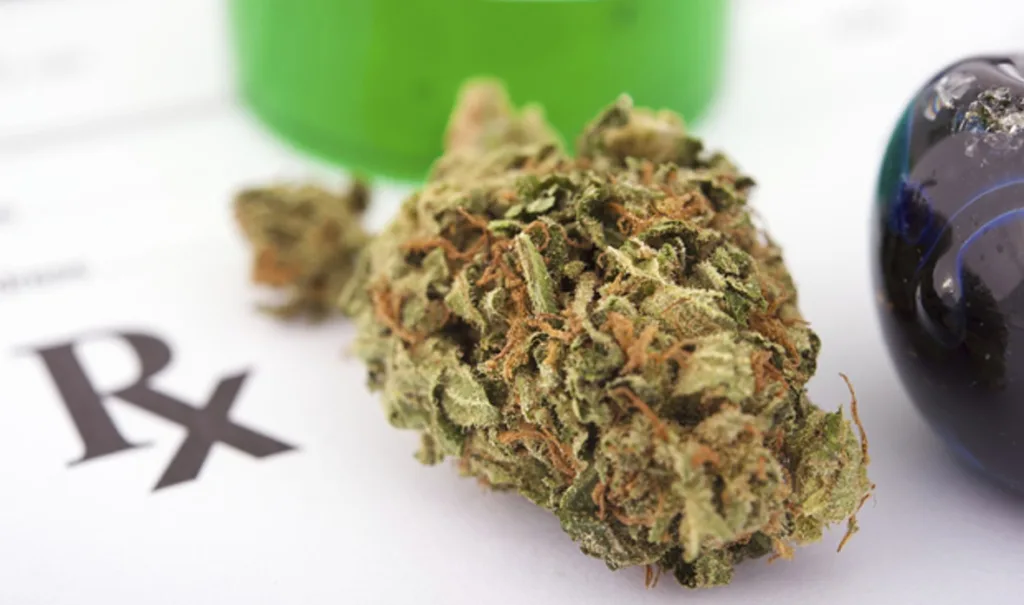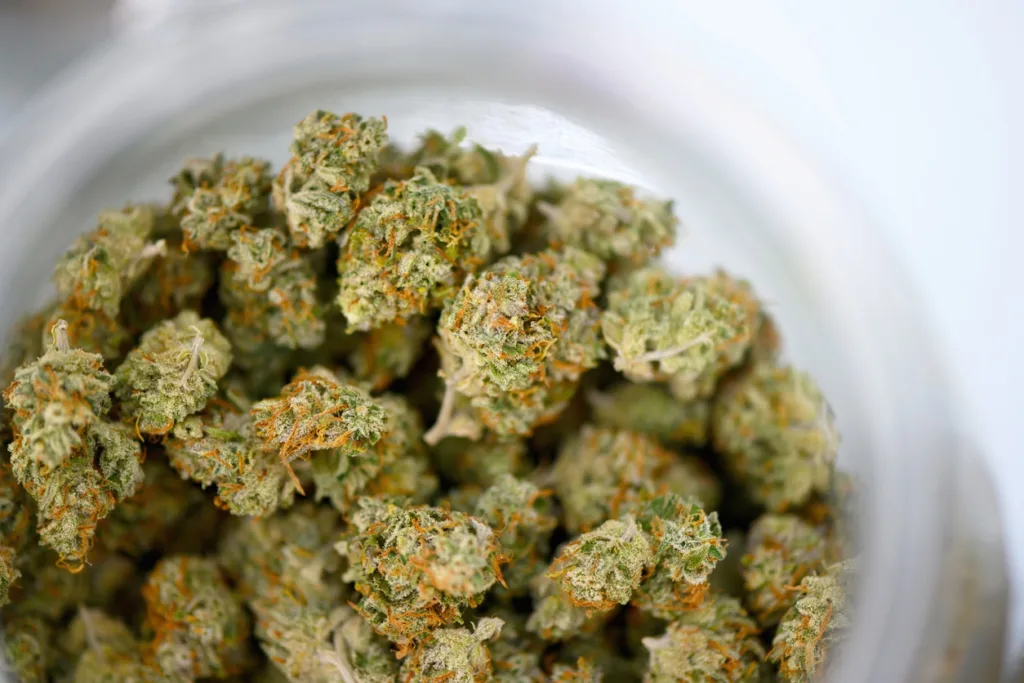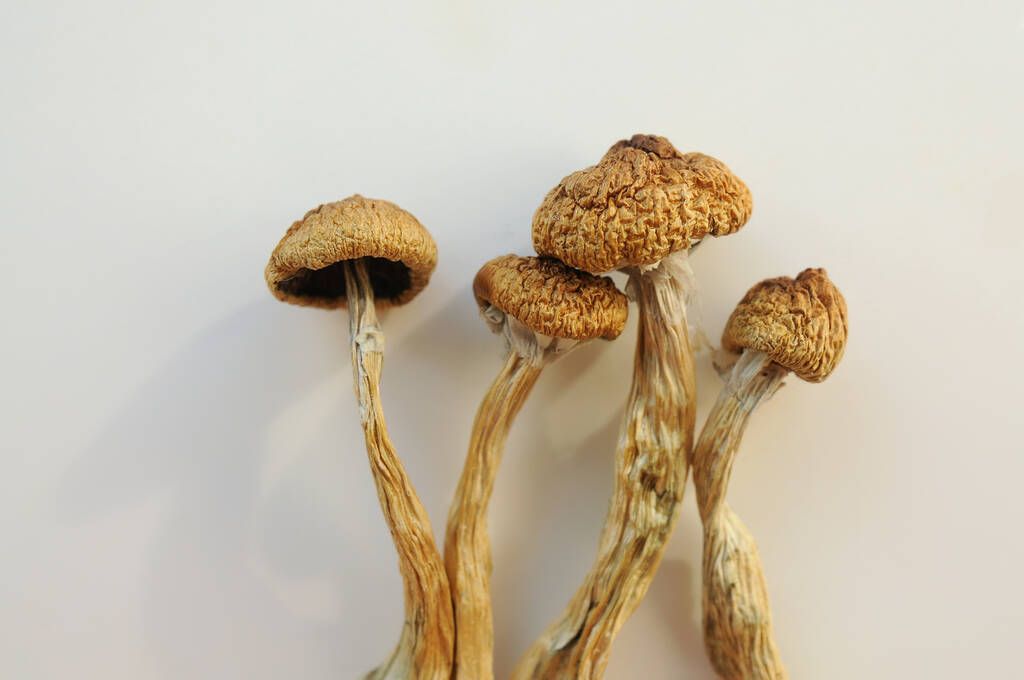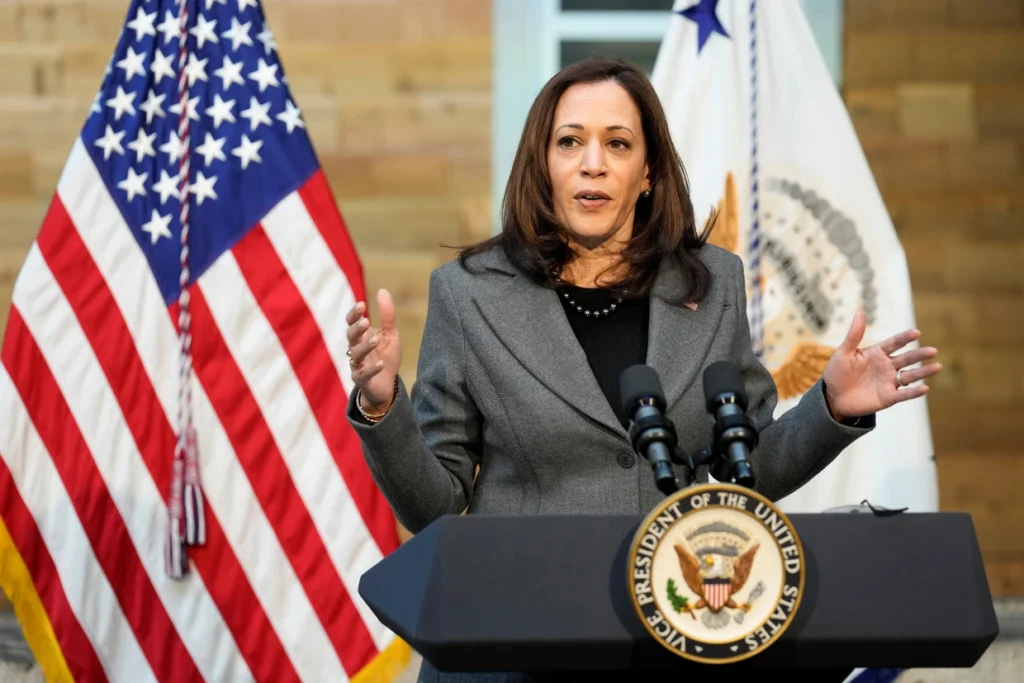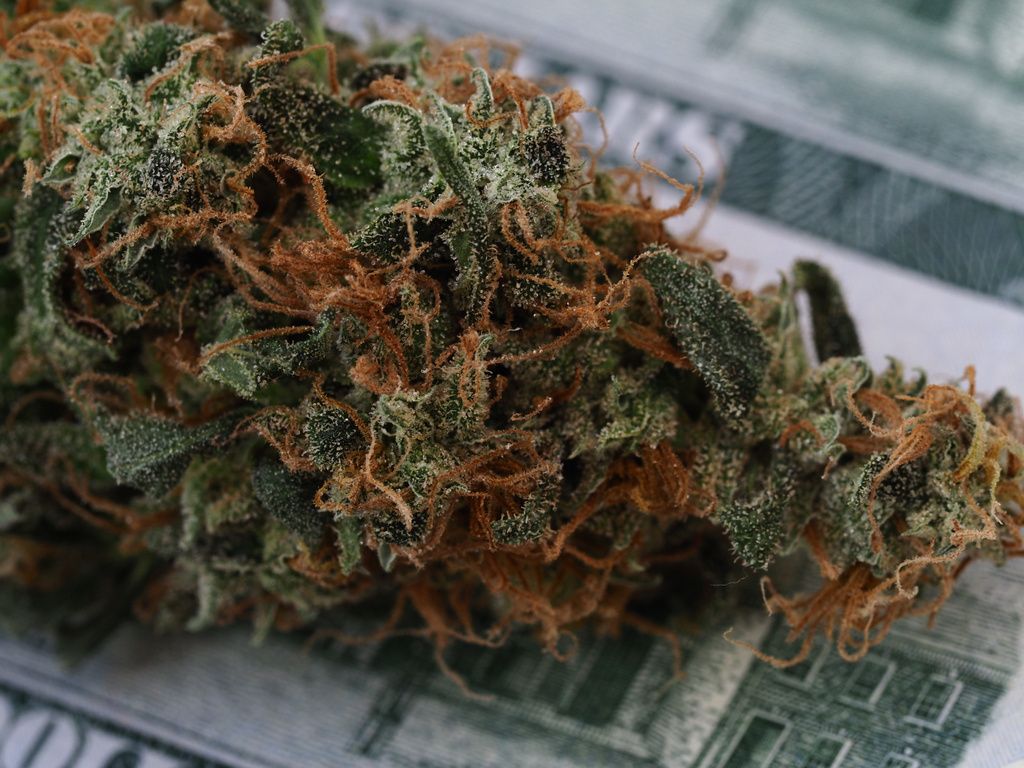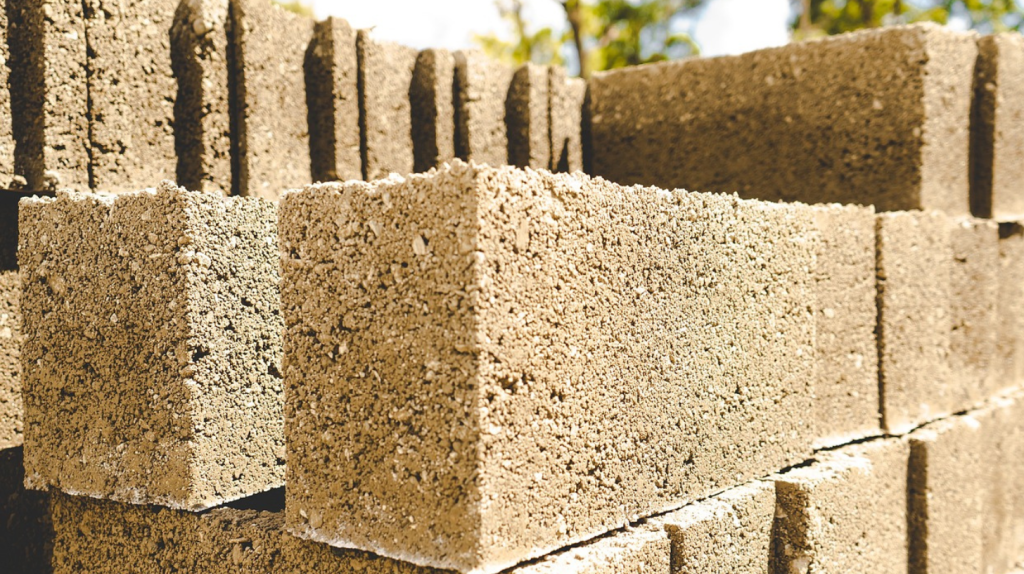Voters in Lockhart and Bastrop, Texas, will join Dallas in deciding on marijuana decriminalization measures this November.
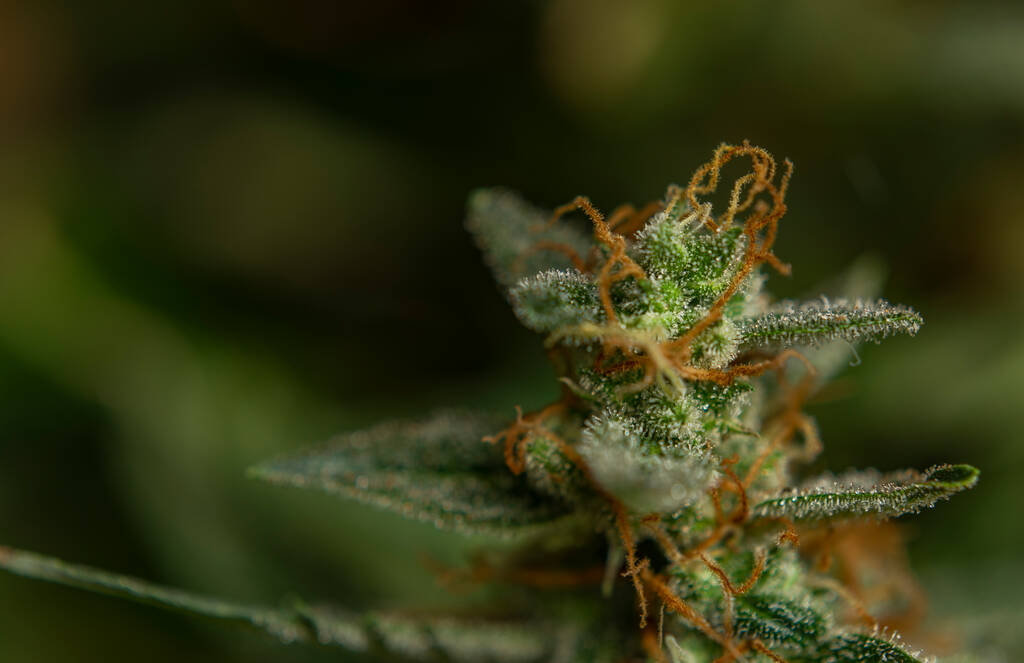
Activists in both cities have submitted well more than enough signatures to place their initiatives on the ballot. In Lochart, the signatures have already been certified, guaranteeing the measure’s place on the November ballot,
The Lockhart measure proposes to reduce penalties for possession marijuana, following similar efforts in several other Texas cities like Austin and San Marcos. The initiative aims to prevent law enforcement from arresting individuals found with up to four ounces of marijuana. Instead, they would receive a citation.
Continue reading

